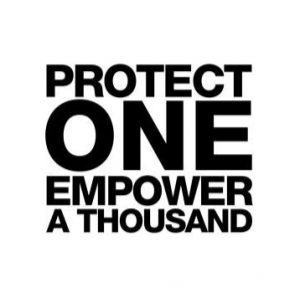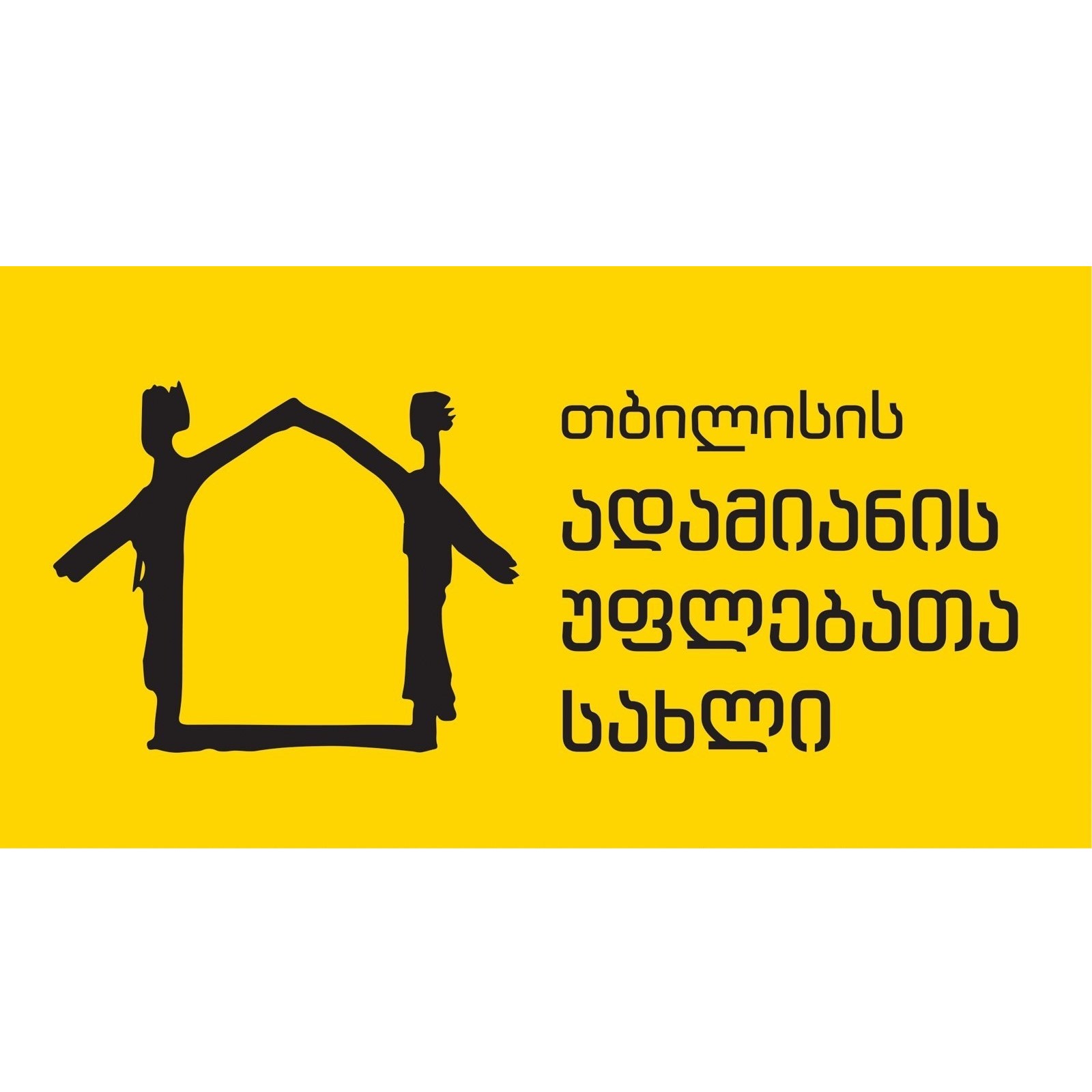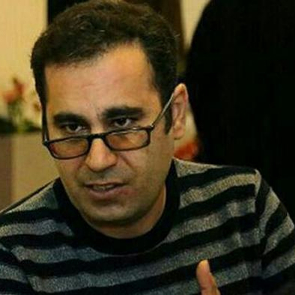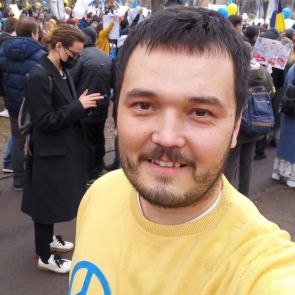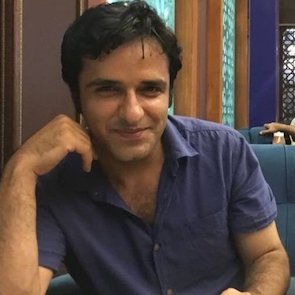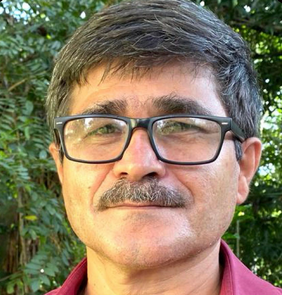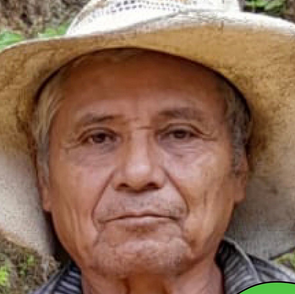#اقدامات تلافیجویانه
#اقدامات تلافیجویانه
Reprisals against human rights defenders in retaliation for their engagement with international and regional human rights systems constitute an attack on human rights, the rule of law, and the international and regional mechanisms themselves.
Increasingly states have taken punitive action against HRDs who participate in international conferenes and meetings, including those organized by the United Nations, including the UPR process of the UN Human Rights Council. This kind of attack is meant to intimidate and prevent local HRDs from engaging with international human rights and international law mechanisms.
In 2011, a report by UN Secretary General, Ban Ki Moon, revealed that intimidation and reprisals against people working with the UN to protect and promote human rights continued to be reported. Since then, on an annual basis, the Secretary-General presents a report on reprisals to the Human Rights Council. Threats and harassment by government officials, increased monitoring of activities, arbitrary detention, ill-treatment and even torture were - and continued to be - used by certain States to silence critics. In spite of this reality, member states of the UN have failed to agree on an effective mechanism to tackle reprisals.
The United Nations could not do its invaluable work for human rights without those who cooperate with UN representatives, rapporteurs and other mechanisms. When they are targeted for reprisals, we are all less secure. When their cooperation is stifled, our work for human rights is also a victim.
- UN Secretary General Ban Ki Moon
